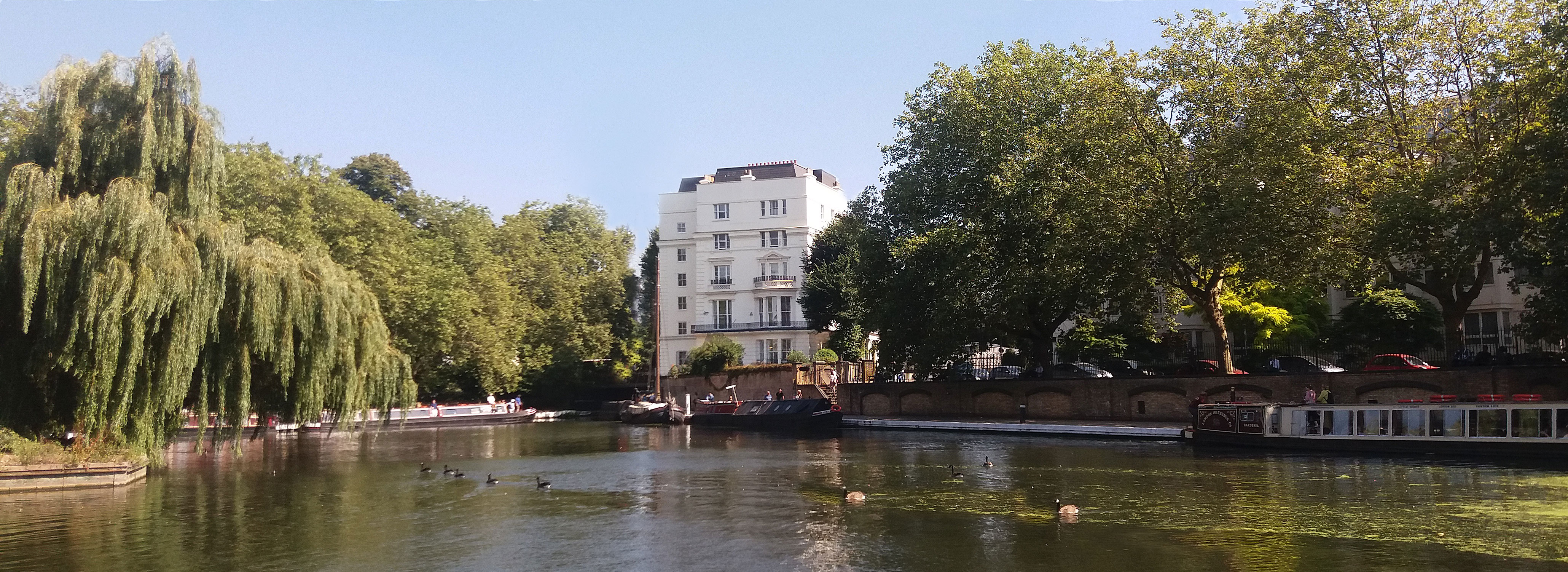The CCPE operates a psychotherapy clinic which is open Monday through Friday, from 9 a.m. to 10 p.m.
Clinical services are available for couple, child, adolescent, family, group and individual psychotherapy.
The range of presenting problems is diverse, varying from anxiety to drug addiction, and psychotic breakdowns.
A staff of 30 practising psychotherapists see approximately 50% of the clients, while the students in training see the remainder at reduced rates. The clinic presently sees nearly 400 clients each week. This number is expected to continue to increase.
The initial assessment costs £50 (concessionary rate £25). This is a fifty minute interview with a senior psychotherapist who will refer the client to a suitable counsellor. Fees are charged on a sliding scale, ranging from £25 upward per session.
Appointments can usually be made within a week, and referral usually takes about another week. Please call the CCPE office on 020 7266 3006 to make an appointment for an initial assessment.
What is psychotherapy?
Psychotherapy literally means to 'nurse the soul'; deriving its name from the ancient Greeks and their understanding of human nature and the psyche.
Psychotherapy occurs when a therapist meets with a client in a private and confidential setting to explore:
- any difficulties the client is having or the distress he or she may be experiencing
- dissatisfaction with life
- loss of a sense of direction or purpose
By listening attentively and patiently the therapist can begin to perceive the difficulties from the client's point of view, and can help them to see things more clearly, possibly from a slightly different angle. Psychotherapy is a way of facilitating choice or change, or reducing confusion.
In the therapy sessions the client is encouraged to explore various aspects of their life and feelings concerning them - talking about them freely and openly in a way that is rarely possible with friends or family - to a person who neither judges nor offers advice.
Psychotherapy provides a client with the opportunity to express such feelings in a secure place. This can facilitate a release, reduce the pain the client is experiencing, and deepen awareness as to the underlying causes.
The client can gain self respect and a sense of being of value by having their feelings - and thereby themselves as a person - accepted and respected. The relationship between the client and the psychotherapist is an essential part of the process. Therefore, as trust is built up, the psychotherapist will encourage the client to look at aspects of their life, at their relationships and themselves, which they may not have thought of or felt able to face before.
There may be some exploration of early relationships to discover how they have come to react to certain people or situations in certain ways that contribute to the difficulties, followed by consideration of ways in which they might change. The therapist can help the client explore the options open to them and support them once a choice has been made. She or he may help the client to examine in detail the situations or behaviour which are proving troublesome and to find a small but crucial point where it would be possible to initiate some change as a start. Client autonomy is the ultimate aim: for the client to make their own choices and decisions and to put them successfully into action themselves.
For the client, this is a journey of self discovery in which they look at the relationship between their own feelings, thoughts, beliefs, and their life events, such as relationships, work, etc. The job of the therapist is to create a trusting relationship within which the client feels accepted and understood.
In such conditions the client finds it easier to open up, to be honest, and discover things about themselves which they had been afraid to look at. Looking inwards is helpful for those people who are excessively outwardly oriented. However, others may be too inward in their nature and need encouragement to focus outwards in the world. In some cases clients are unrealistic about life and need "grounding", while the opposite can be found as well - people get stuck in a rut, usually for practical reasons of security, and are afraid to move.
Therapeutic techniques involve talking, mirroring, relaxation practices, role playing, visualisation, etc. A technique is never used with the client unless they understand its use and are willing to try it out. Techniques are chosen to suit the clients temperament.
Can you benefit from psychotherapy?
Psychotherapy can be of great value to those who:
- Are willing to look at themselves
- Consider the possibility that they are, at least partly, responsible for the problems in their lives
- Are motivated enough to put into practice the insights they have about the need for change
Psychotherapy can be beneficial for both individuals and couples and can address a wide range of problems such as depression, stress, poor self image, persistent relationship difficulties, irrational behaviour, obsessive behaviour, etc. Psychotherapy is not advisable for those who are in the midst of a psychotic episode and who need hospitalisation.
How often and how long is the treatment?
Psychotherapy can be effective in both the short term (2-12 sessions), medium, and long term (6 months up to 3 years). The length of the therapy will depend on what the client wishes to resolve and develop in their life. Sessions are usually once a week, for 50/55 minutes.

